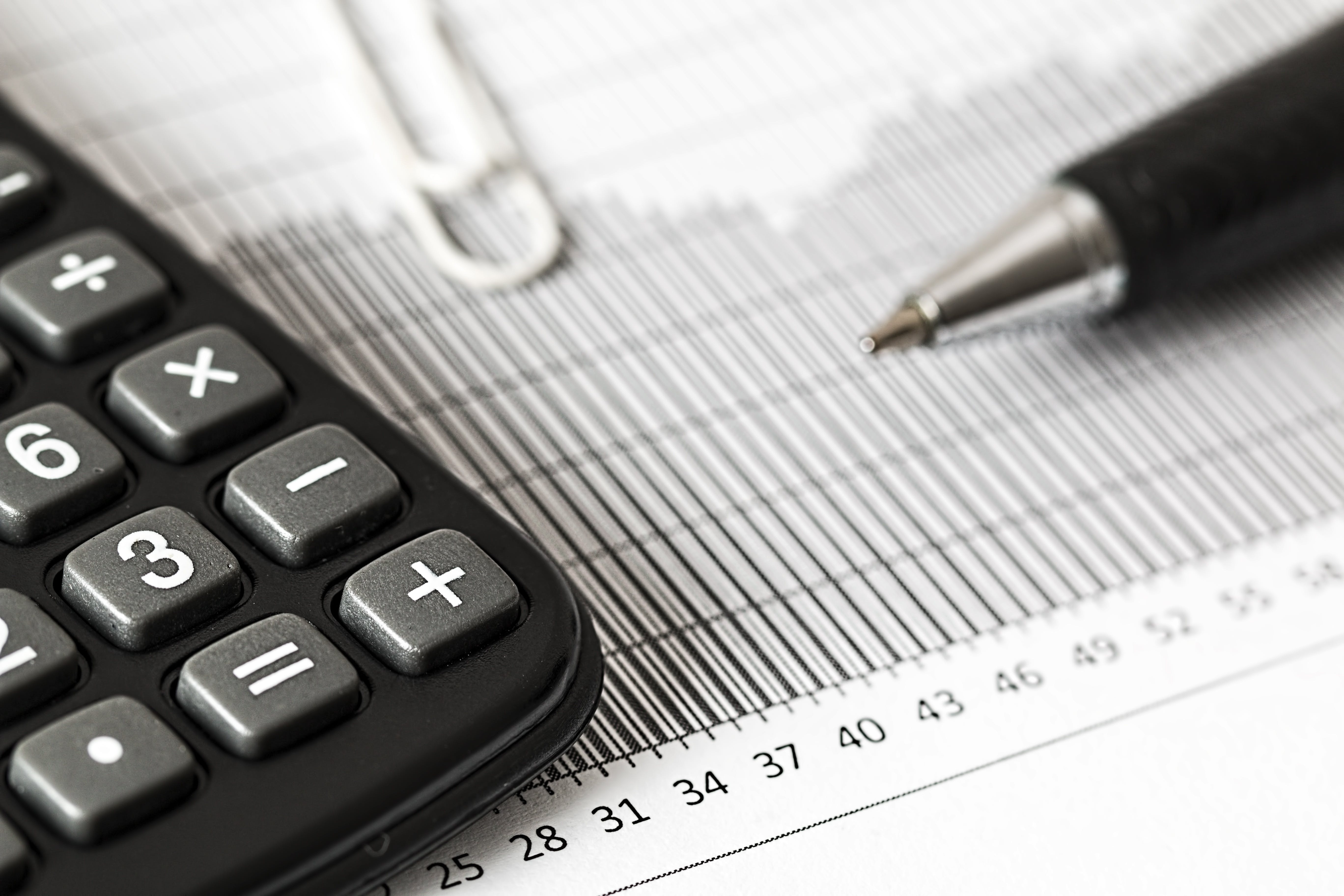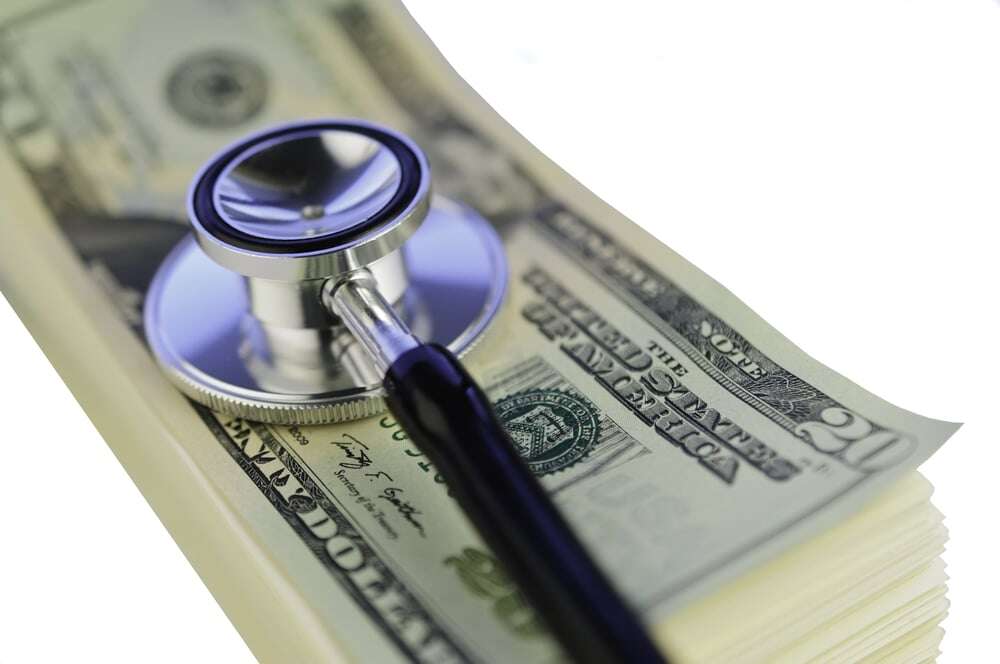2 min read
ADHD Guide: Pros and Cons of Pet Insurance
Pet ownership is a source of joy and companionship, but it also brings responsibilities, including managing the financial aspect of veterinary care....
7 min read
Infocus Wealth Strategies : Updated on February 14, 2025
5 min read
 David DeWitt, CFP® : Nov 3, 2023 6:29:00 AM
David DeWitt, CFP® : Nov 3, 2023 6:29:00 AM

2 min read
Pet ownership is a source of joy and companionship, but it also brings responsibilities, including managing the financial aspect of veterinary care....

3 min read
Introduction Welcome to our latest discussion on a topic that affects us all - taxes. Today, we delve into the intricate world of tax reduction,...

You're Not Alone Hey, let's get real for a moment. Whether it's pseudo-productivity or emotional reactions to money and criticism, we've all been...

1 min read
Skip to the main content. About Our Services Success Stories Value of planning Client Experience FAQs ...

1 min read
Skip to the main content. About Our Services Success Stories Value of planning Client Experience FAQs ...

Skip to the main content. About Our Services Success Stories Value of planning Client Experience FAQs ...
Ellery Woo
Hi Dave,
I listen to your podcast almost everyday and re-listen to most episodes multiple times. I'm having an AdHD moment of which steps to do in which order. For example, after paying off debt do I start putting money into buckets (car, Christmas gifts), put money into sinking fund, invest, or put money into HYSA?
David DeWitt, CFP®
Hi! It fills me with great joy that you are getting something out of my podcast! That is such a good question. Without knowing much more, I can only give you some general thoughts. Here is an example of an order that MIGHT work for you:
After debt is gone:
-use buckets to fund upcoming known and all but non-negotiable expenses that your regular cash flow won't cover (the things you mentioned, but maybe not car if you don't need a car)
- Once those are funded, save in HYSA for emergency fund up at least three months of your typical monthly expenses
-Max out Roth IRA (doubles as backup emergency fund as contributions are tax and penalty free - but pretend like you can only touch in the case of absolute emergency after regular emergency fund is depleted)
- save for other lifestyle stuff like vacations
- all extra funds go to taxable investing
Now, depending on your situation, you may need to prioritize investing even more.
Hope this helps!